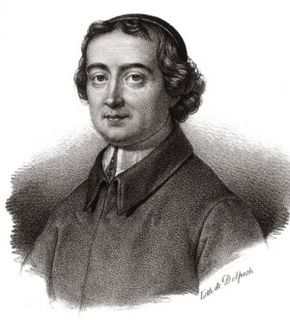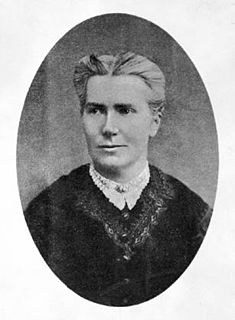A Quote by Honore de Balzac
Passions are no more forgiving than human laws and they reason more justly. Are they not based on a conscience of their own, infallible as an instinct?
Related Quotes
Avarice, greed, concupiscence and so forth are all based on the mathematical truism that the more you get, the more you have. The remark of that it is more blessed to give than to receive is based on the human truth that the more you give away in love, the more you are. It is not just for the sake of other people that tells us to give rather than get, but for our own sakes too.
What is a Poet? He is a man speaking to men: a man, it is true, endued with more lively sensibility, more enthusiasm and tenderness, who has a greater knowledge of human nature, and a more comprehensive soul, than are supposed to be common among mankind; a man pleased with his own passions and volitions, and who rejoices more than other men in the spirit of life that is in him; delighting to contemplate similar volitions and passions as manifested in the goings-on of the universe, and habitually impelled to create them where he does not find them.
Each day look into your conscience and amend your faults; if you fail in this duty you will be untrue to the Knowledge and Reason that are within you. Keep a watchful eye over yourself as if you were your own enemy; for you cannot learn to govern yourself, unless you first learn to govern your own passions and obey the dictates of your conscience.
If you have more than one reason to do something (choose a doctor or veterinarian, hire a gardener or an employee, marry a person, go on a trip), just don’t do it. It does not mean that one reason is better than two, just that by invoking more than one reason you are trying to convince yourself to do something. Obvious decisions (robust to error) require no more than a single reason.
Perhaps I had better inform my Protestant readers that the famous Dogma of Papal Infallibility is by far the most modest pretension of the kind in existence. Compared with our infallible democracies, our infallible medical councils, our infallible astronomers, our infallible judges, and our infallible parliaments, the Pope is on his knees in the dust confessing his ignorance before the throne of God, asking only that as to certain historical matters on which he has clearly more sources of information open to him than anyone else his decision shall be taken as final.







































